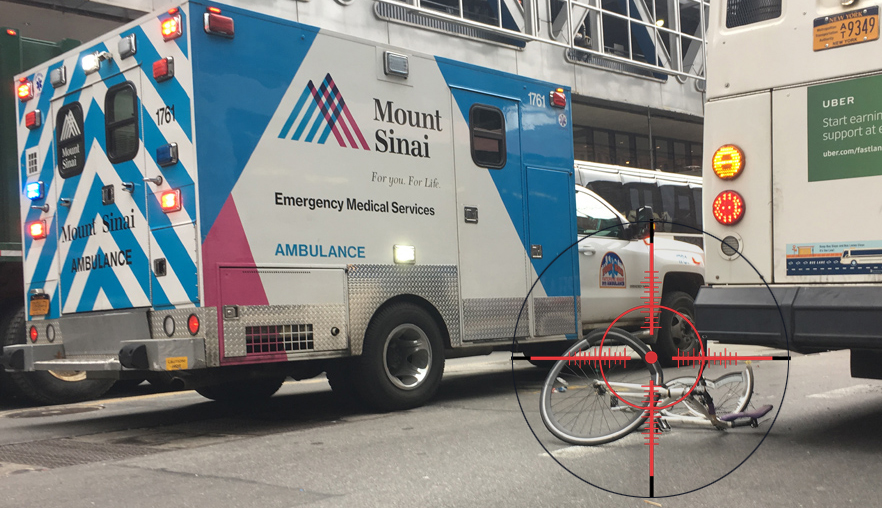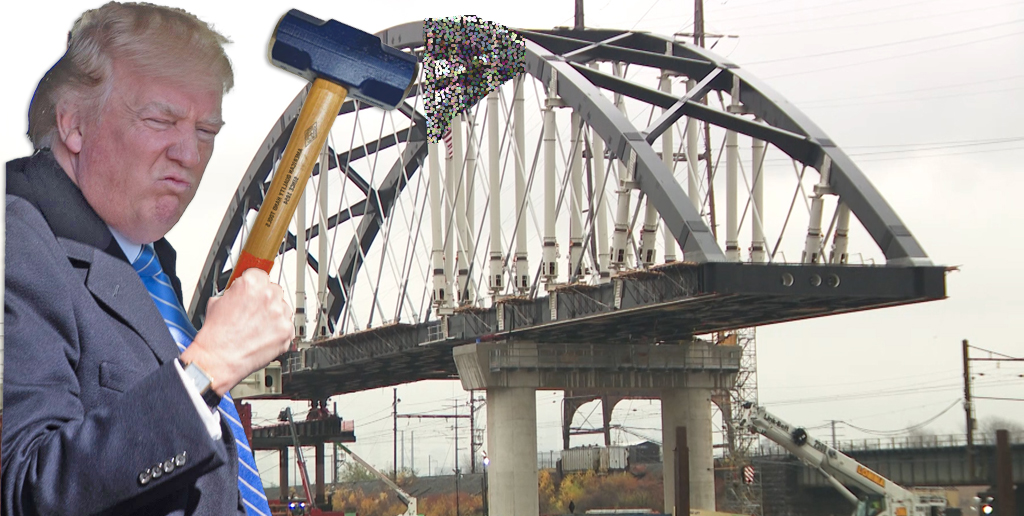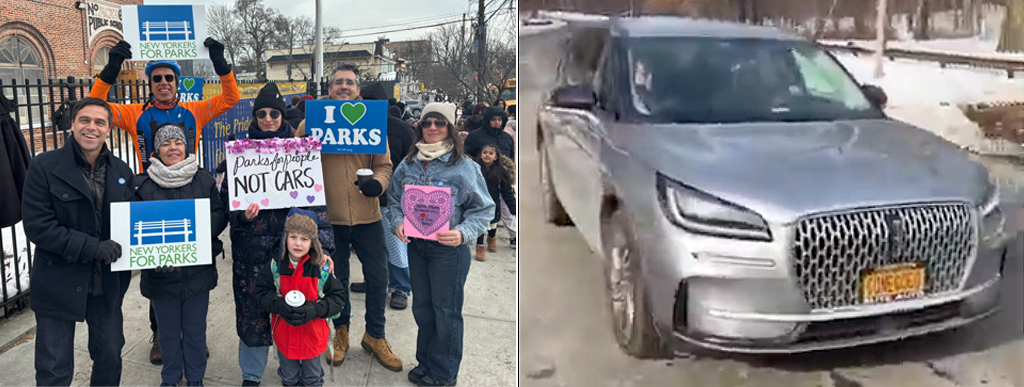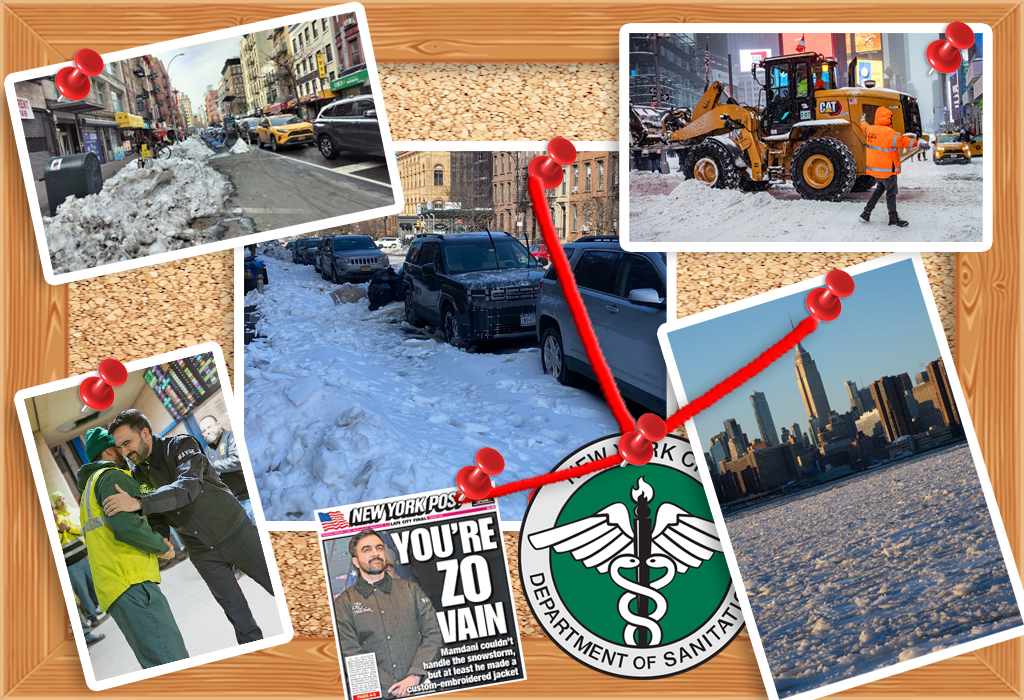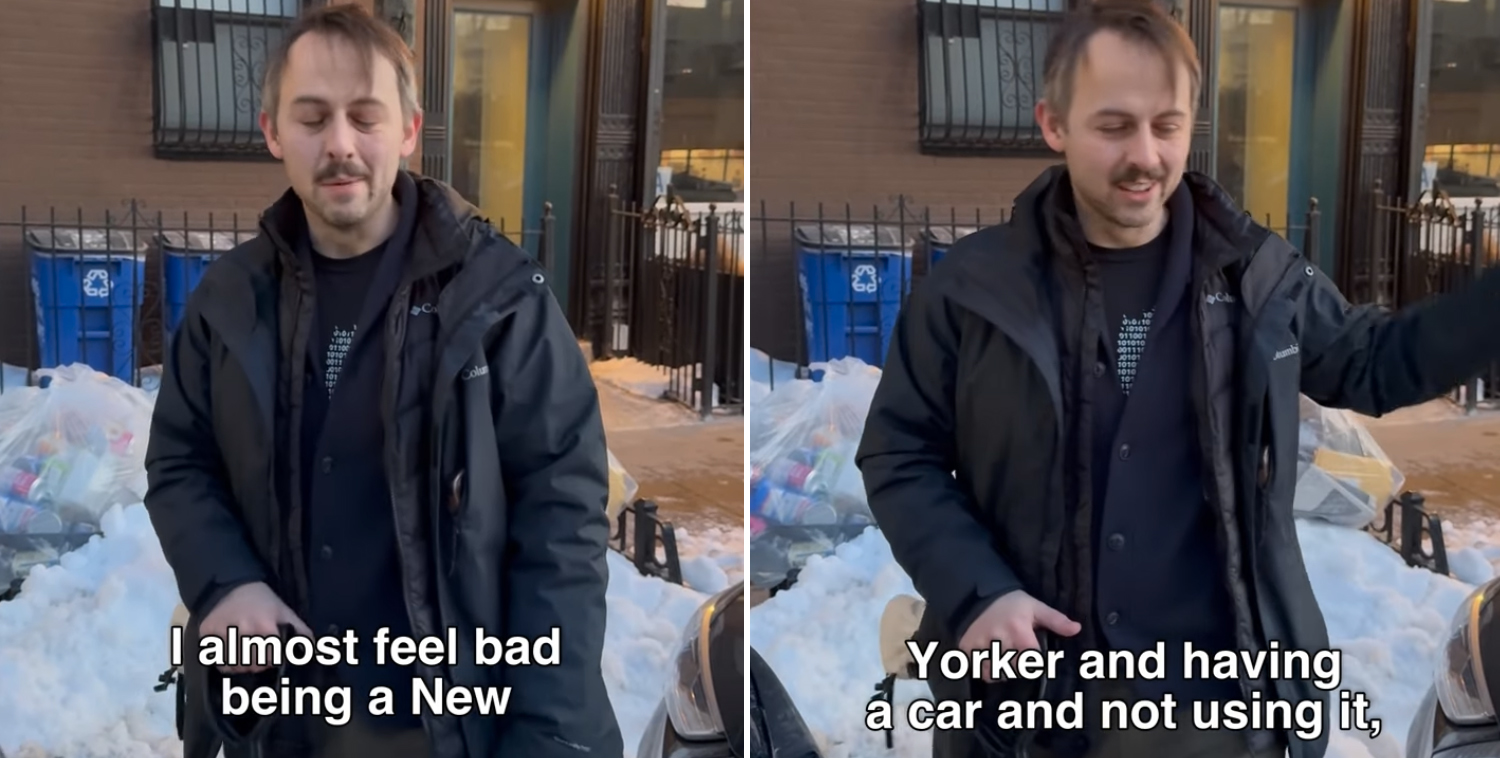The idea of removing the northern section of Highway 280 near Mission Bay in San Francisco is gaining more traction as planners look for ideal ways to usher in high-speed rail and transit-oriented development in the city's core.
At a forum held by the San Francisco Planning + Urban Research Association last Thursday, Mayor Ed Lee's transportation policy director, Gillian Gillett, sketched out a proposal to follow in the footsteps of the removals of the Embarcadero Freeway and a section of the Central Freeway, which revitalized the neighborhoods the roads used to divide. As Adina Levin at Green Caltrain reported, Gillett argued that replacing the elevated portion of I-280 with a street-level boulevard, from its current terminus at 4th and King Streets south to 16th Street, would improve the livability of the area, open up land to develop new neighborhoods, generate more tax revenue from real estate, and open up engineering solutions to facilitate the extension of Caltrain and CA High-Speed Rail to the planned Transbay Transit Center.
As past cases have shown, creating a surface street where that part of I-280 now stands and integrating it into the neighborhood would actually reduce overall car traffic. In a moment that would make the city's mid-20th Century freeway protesters proud, Gillett told the crowd, "Let's be San Francisco and take down the freeway."
Walk SF Executive Director Elizabeth Stampe called the proposal "an exciting opportunity to re-orient our city around sustainable public transportation and create a more walkable city."
"Freeways don't belong in cities," she said. "They're enormous barriers, and cars getting on and off them at high speeds pose the greatest risks to pedestrians. Folks knew that in Hayes Valley, and they took down the Central Freeway and helped knit San Francisco's urban fabric back together."
Long a dream of livable streets advocates, the possible removal of the inner portion of I-280 is being studied by the CA High-Speed Rail Authority at the urging of San Francisco officials, who also see it as a way to open up engineering options for a more direct rail alignment toward the Transbay Center, and to free up land for development that could help fund the project.
In a memo to Metropolitan Transportation Commission Executive Director Steve Heminger, Gillett wrote:
We need to create faster and cheaper [Downtown Extension] alignment, realize the full value of the 4th & King Streets Railyard site, and eliminate the intrusiveness of I-280 in Mission Bay by terminating it at 16th Street and replacing it with a boulevard, based on the lessons learned from the removal of the Embarcadero Freeway to create a new Rincon Hill neighborhood and the Central Freeway to create the new Market-Octavia neighborhood.
As to whether Mayor Lee himself backs the proposed freeway removal, it seems likely given Gillett's position at City Hall, but to make sure, we've put in an inquiry to his office, and have yet to hear back.
To look at the development possibilities for the land occupied by the 280 freeway and Caltrain storage yards, the Planning Department commissioned a study released last month [PDF], which estimated the value of removing the freeway in terms of development. Without the freeway, more space could feasibly be used for housing, and nearby land would be worth $228 million, compared to a value of $148 million if the freeway is retained. The difference in land value largely comes from the noise, pollution, danger, and visual blight that comes with living next to a freeway, the authors noted. "Reconfiguration of Highway 280 to create a boulevard would increase the value of the land, both from a financial standpoint and also from the perspective of improving the physical environment," the study said.
Cheryl Brinkman, a member of the SF Municipal Transportation Agency Board of Directors, said she "definitely supports taking a serious look at [the freeway removal] option."
"I think we are very lucky in SF that we have the example of the Embarcadero freeway coming down, we all got to see what a big change that meant for the waterfront. So, with that in mind, we should be more open to a big change like a freeway coming down. I am certainly glad we are having the discussion."
In addition, without the freeway, train tracks could run under 16th Street, instead of the other way around. This would be far preferable for the city's surface transit, biking, and walking environment.
Were the train tracks to kept at ground-level with 16th Street, it would cause delays for Muni's 22-Fillmore line, which the SFMTA plans to re-route on to 16th east of Kansas Street with center-running bus lanes, as part of the Muni Transit Effectiveness Project. That proposal is aimed at speeding up the 22 and moving the line closer to serve the UCSF campus and workers coming to developing Mission Bay, according to the SFMTA's website.
"The 16th street at-grade crossing is nearing gridlock today," Levin noted on Green Caltrain. "More trains from electrified Caltrain and high speed rail will make grade separation a necessity."
Brinkman agreed: "The alternatives look pretty unwelcoming to pedestrians and people on bikes, and as [Levin] noted, create gridlock for transit and autos," she said. "I would hate for the two neighborhoods to be cut off from each other on either side of the train tracks, and to lose the opportunity to use the land for other things, like housing or businesses."
There's currently no timeline set for any possible removal of the freeway, but if approved by the CAHSRA, Caltrans and city agencies, it would be part of the larger project to extend Caltrain and high-speed rail tracks from 4th and King to the Transbay Center, which is still in its early stages. The CAHSRA currently aims to open high-speed rail service to Los Angeles by 2029.



